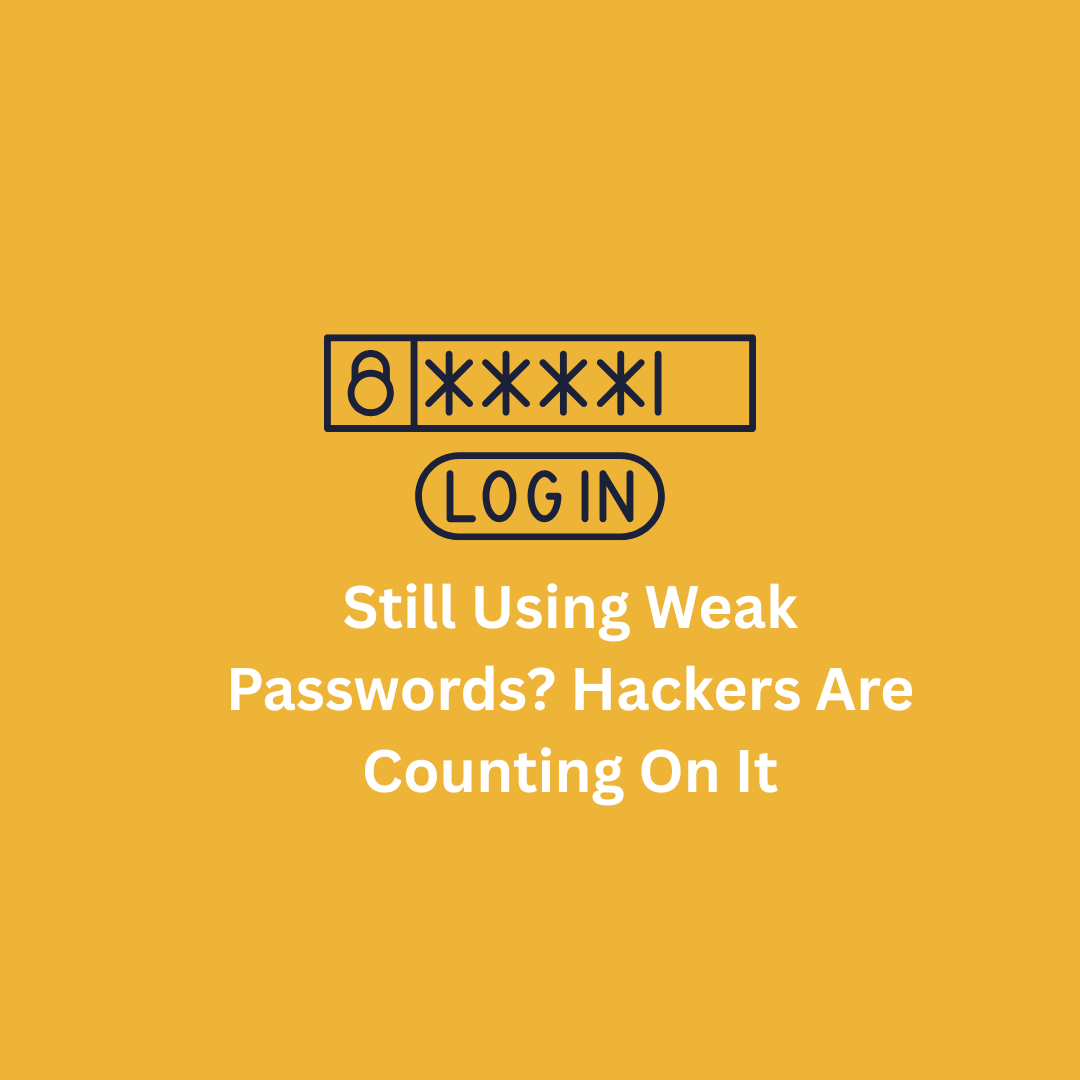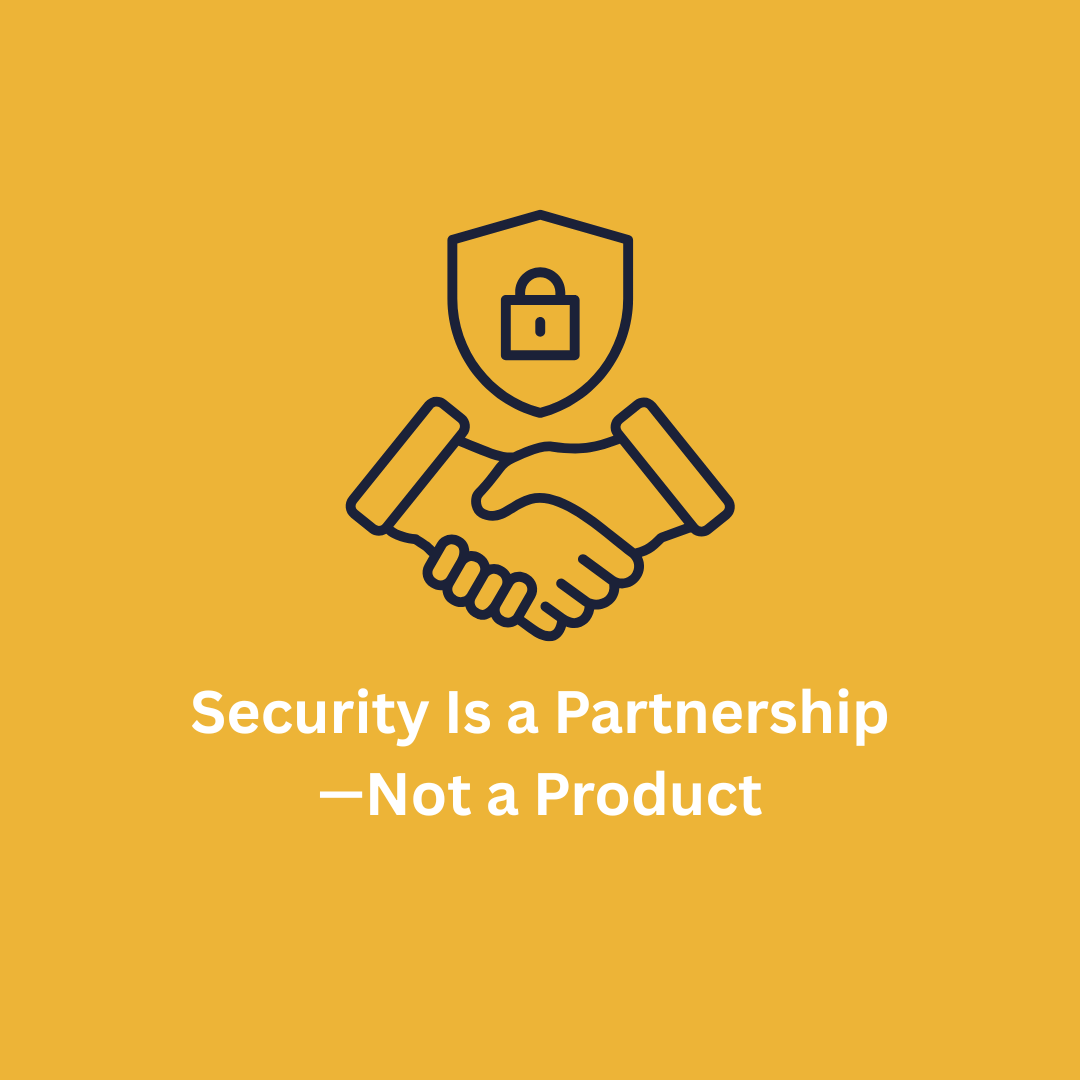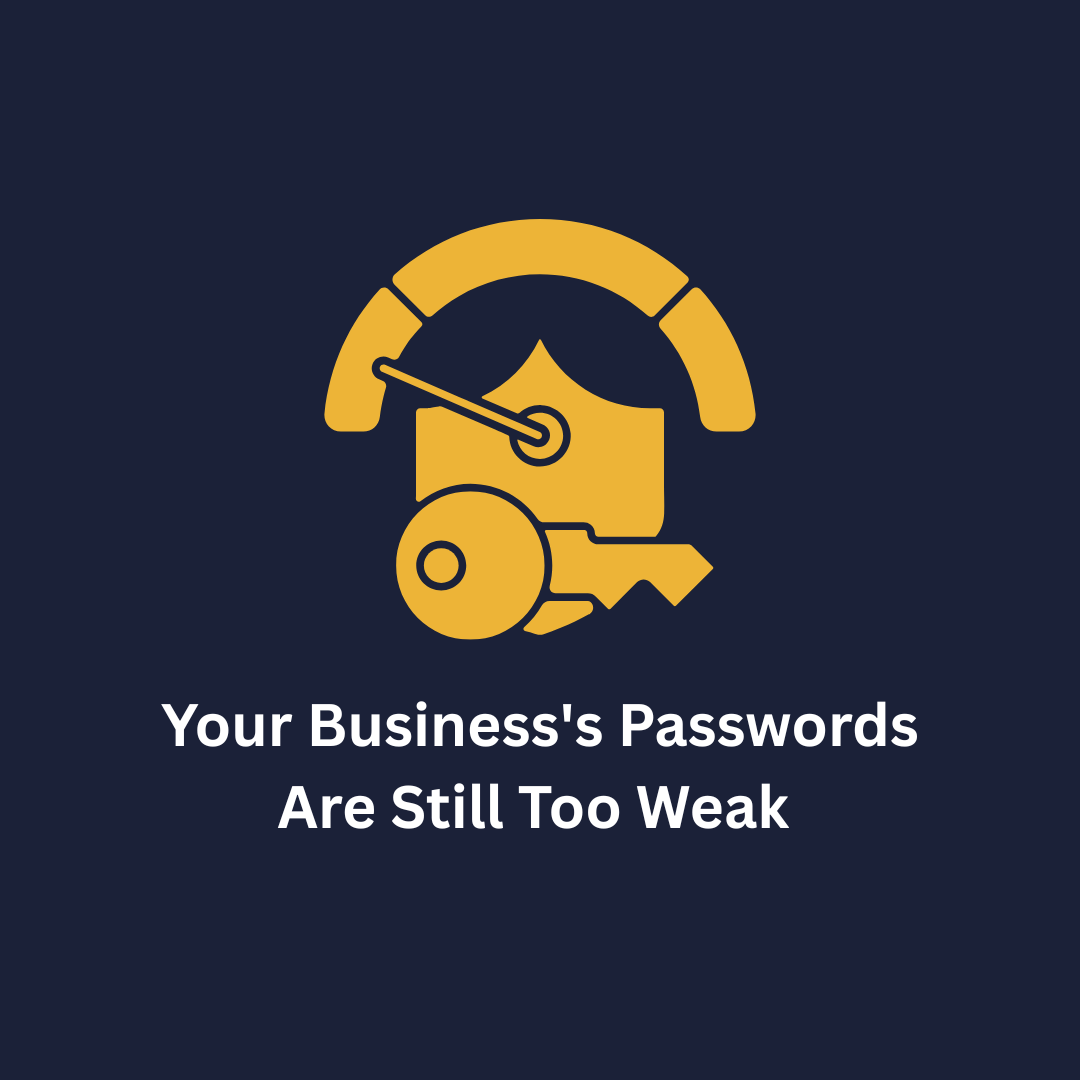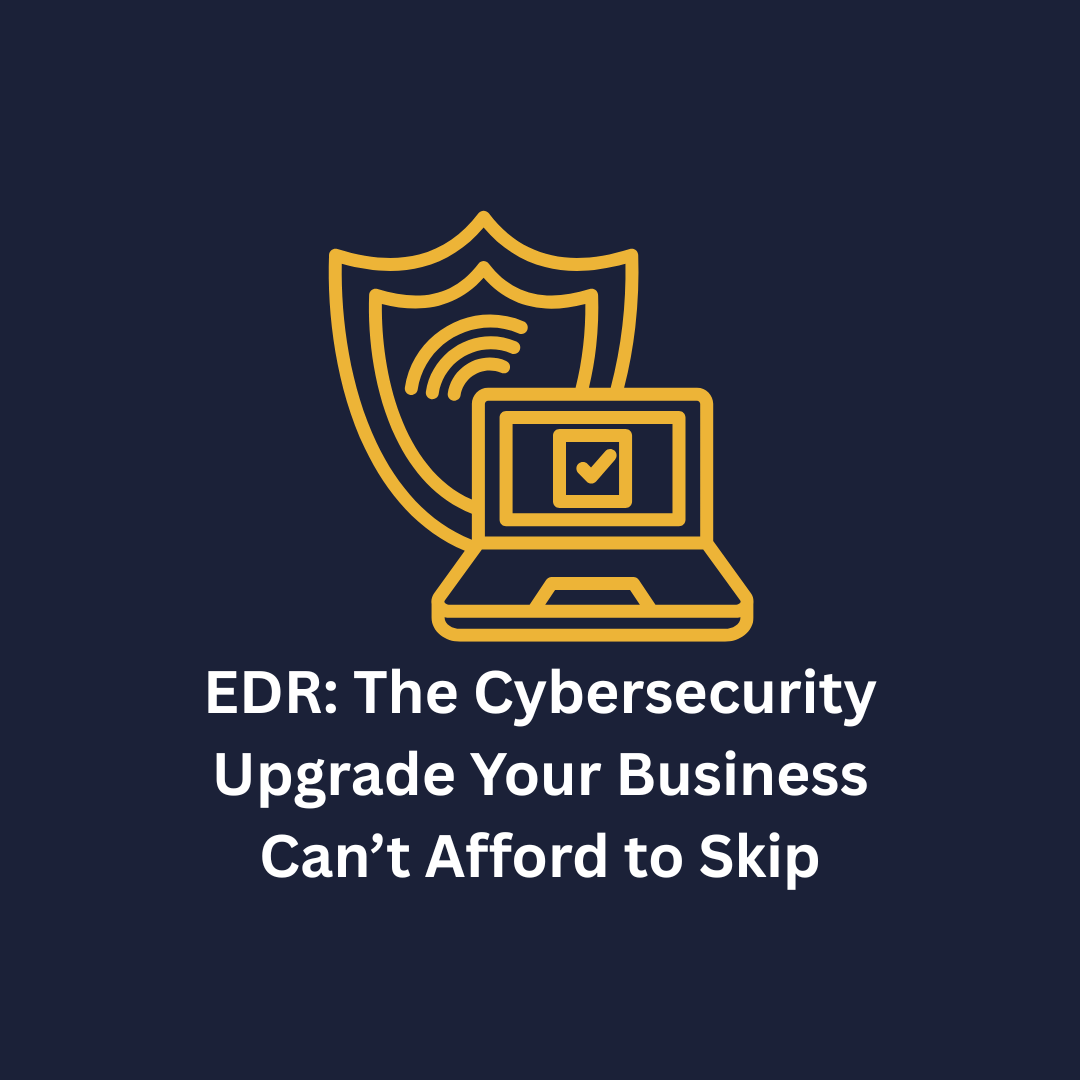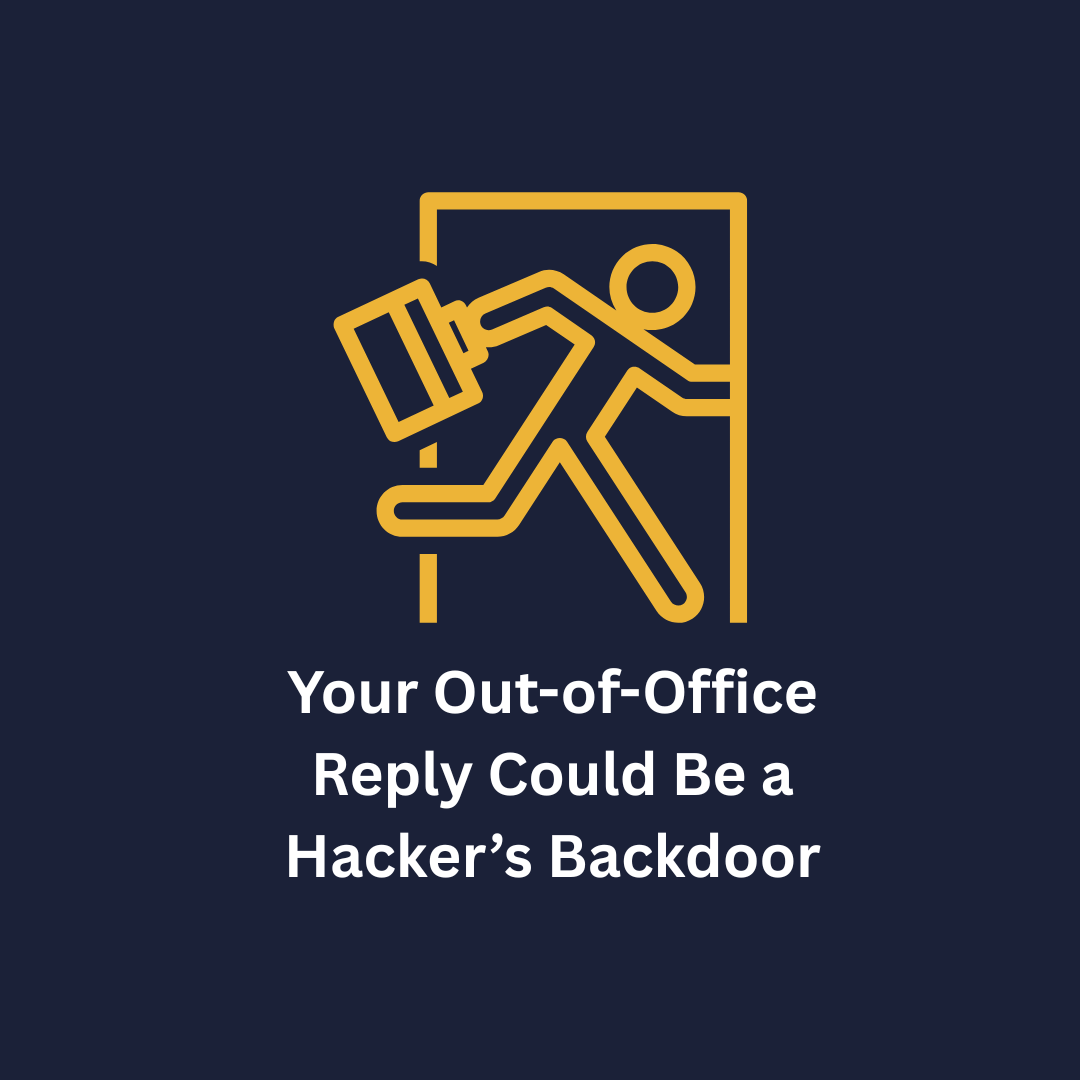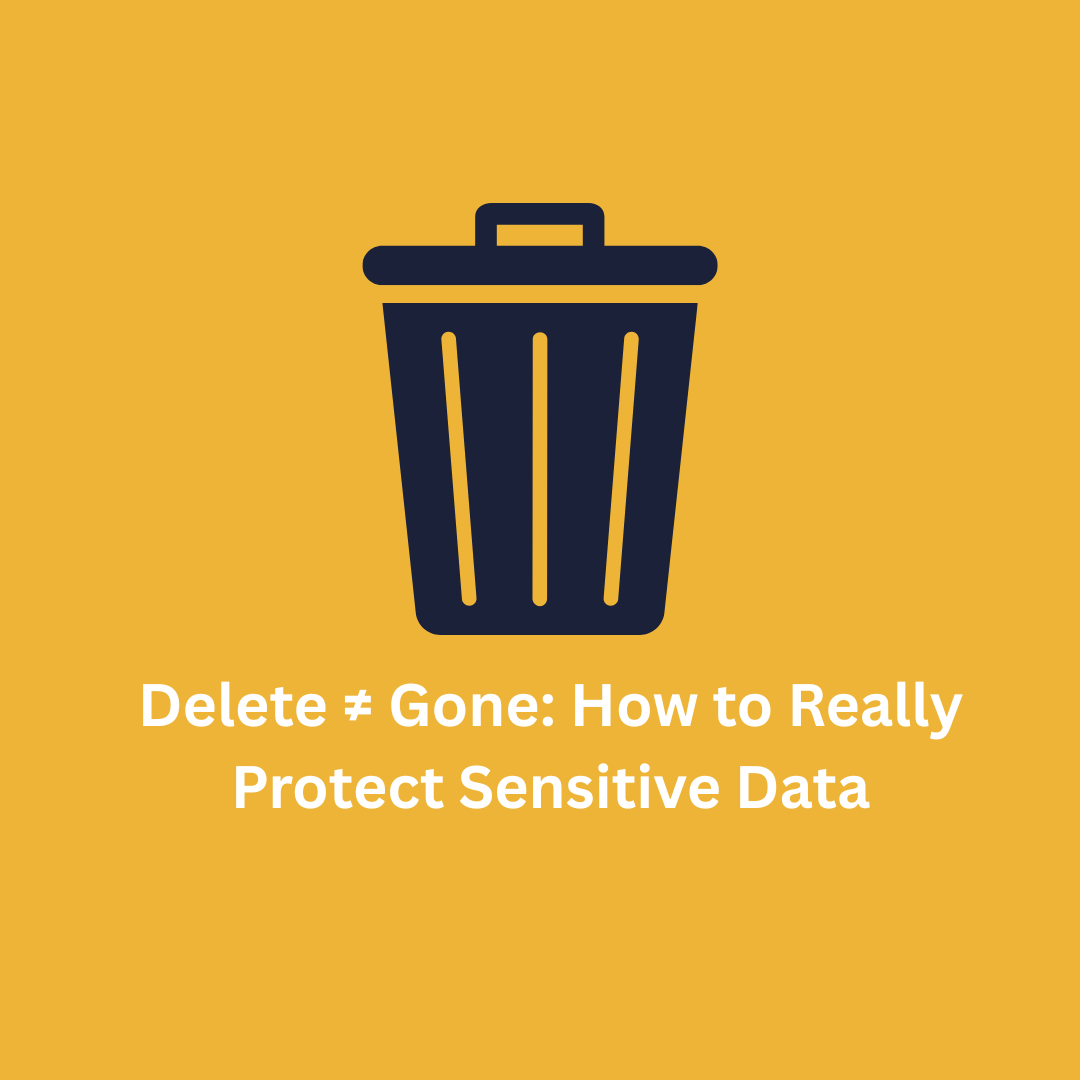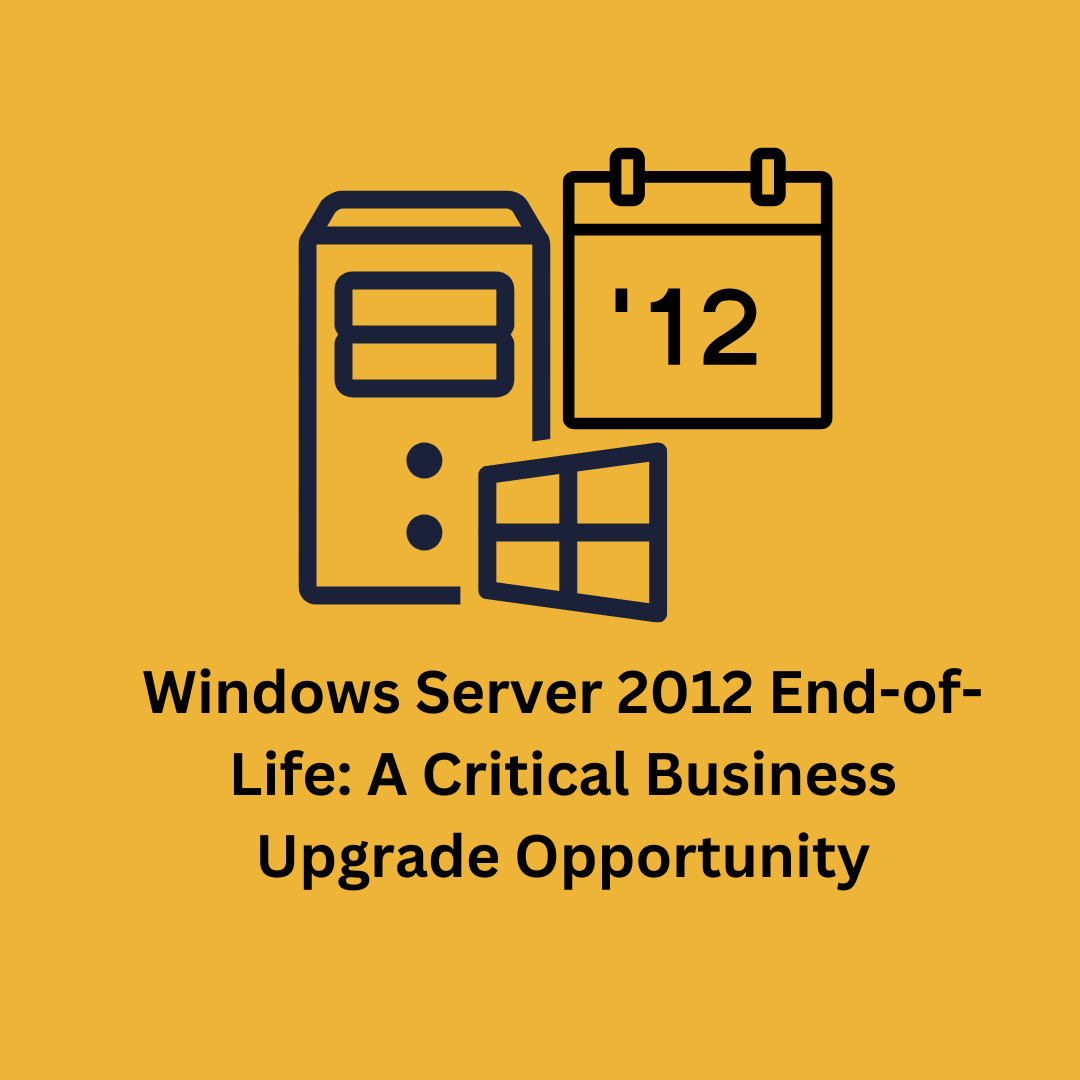6 Simple Tips to Protect Your Customer’s Data
Cyber-attacks continue to make headlines. Hackers are exposing and selling customer data in record numbers. Your customers will have an expectation that you will keep the personally identifiable information they give you in the course of doing business with you private. There are actions you can take to reduce risk so you can ensure your business retains a reputation for being trustworthy.
1. Stop using the same password on repeat. Set a mandate that all passwords must be unique for each user and for your workplace. That means it cannot be like the one on their home PC, tablet, or online banking. Passwords are being hacked more easily than ever. When prompted for a password change, dig deep, and think about what goes into a strong password. Remembering multiple strong passwords can be challenging. Consider using password management tools to remember them.
2. Go on a shredding spree. How much sensitive data is being dumped into the recycling bin? Customer data is often stolen from trash bins of small businesses and sold or published. It is not only good practice to shred sensitive documents, but it is also the law. Take 5 seconds to run documents through the shredder. If your shredding pile has gotten too big, you can also hire a secure shredding company. Sometimes banks or other organizations in your community may sponsor a shredding event where you can shred stuff for little or no cost.
3. Ditch the accounting spreadsheets. Still using an Excel doc for all your number-crunching? Besides making your accountant’s job harder (and more expensive). You are opening your business to a massive range of vulnerabilities. Even with password-protection, spreadsheets are not designed to safeguard your financials. They also are not designed for those of your clients. Upgrade to a proper accounting solution. Most accounting systems have built-in customer data protection and security guarantees.
4. Train staff in common language. You cannot rely on common sense because what you think is common might be news to someone else. It can be beneficial to hold training sessions once or twice a year as a reminder. Take the time to induct inexperienced staff into the way you do things.
5. Limit access to data. Like the bank manager who guards the keys to the vault, you can limit who accesses your data. Revoke employee access as soon as they leave your business for good. Set rules around who can access what – and when. Do they need access to sensitive information while working from home? Should they be able to change the files, or only view them?
6. Keep your software updated. Having outdated software can be an open invitation for cyber-criminals. They look for known weaknesses in business software and waltz right in. Nagging pop-ups and reminders to update can feel like a selling ploy but they are reminders for keeping your business in the safe zone. Updated software gives you protection against new viruses and hacking techniques. It also closes off those nasty weaknesses.
If you would like to make sure your business is secure from data breaches, give us a call at (877) 686-6642.


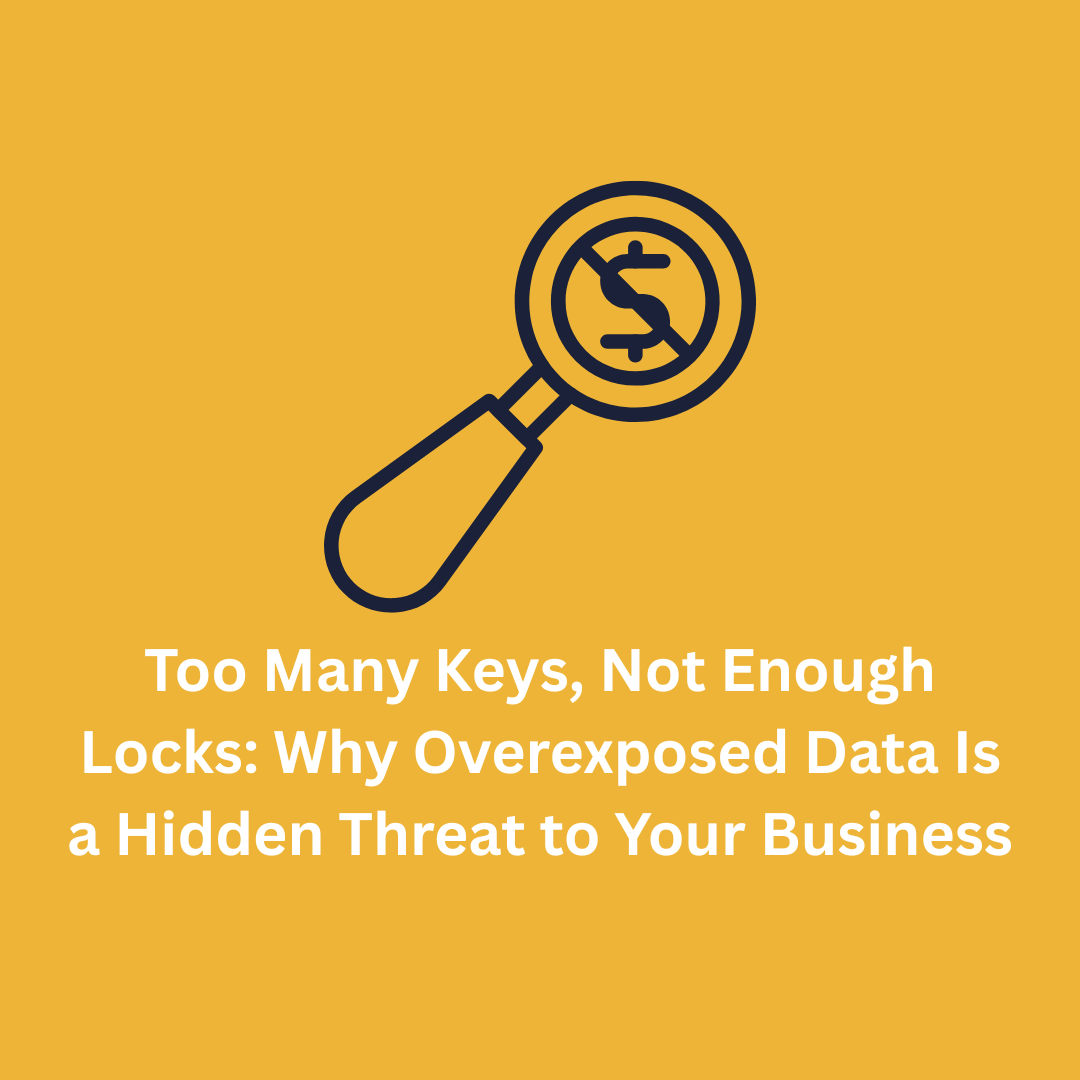

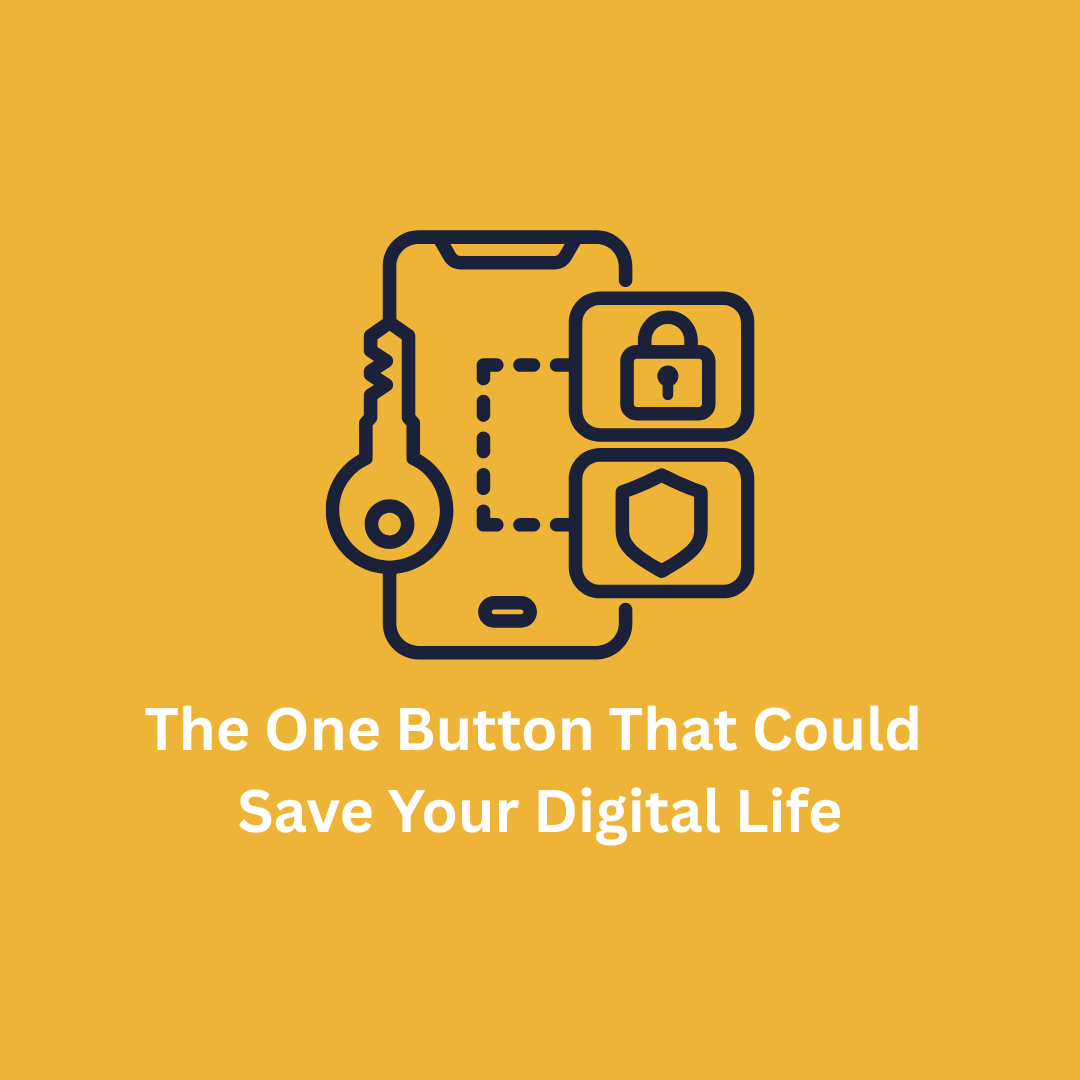



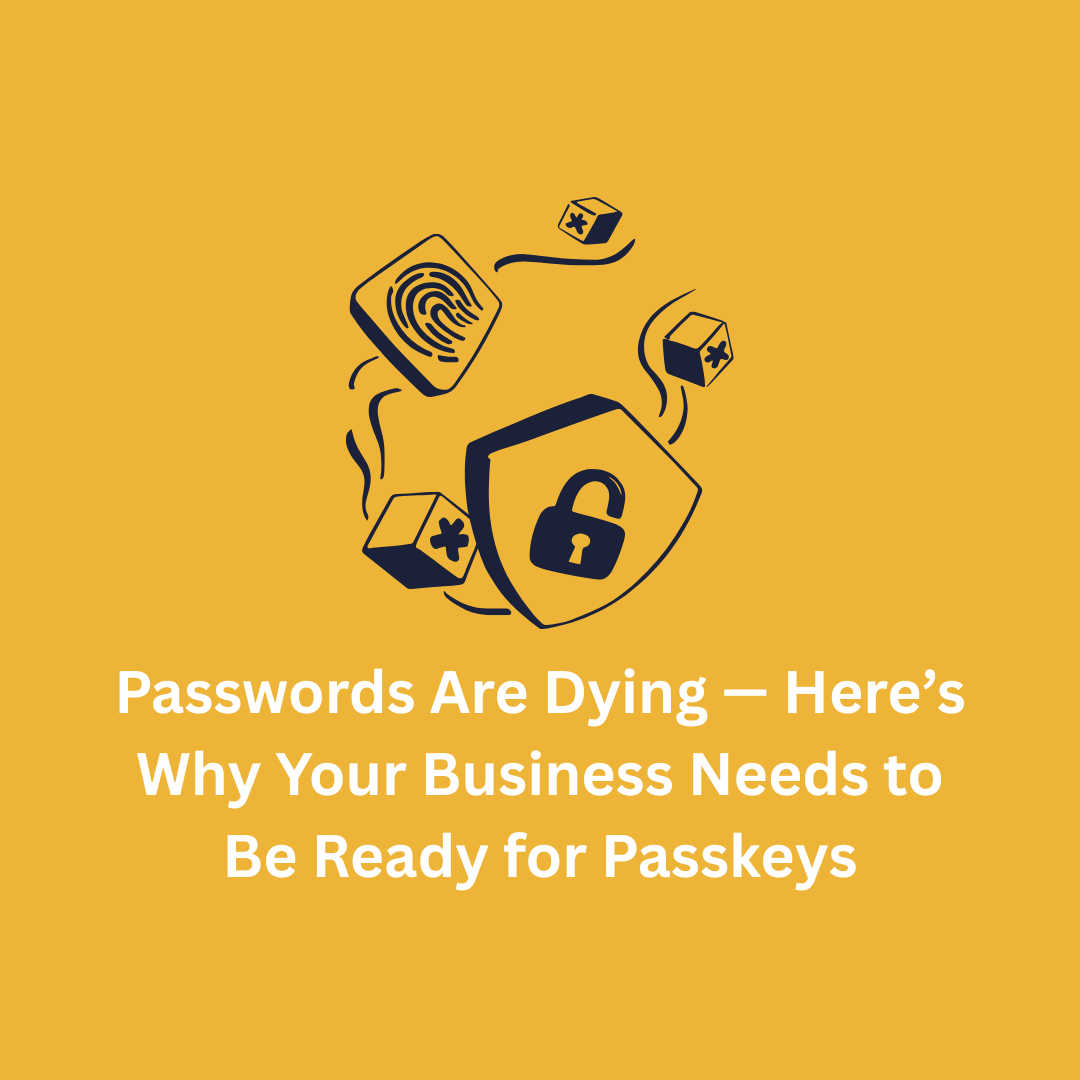
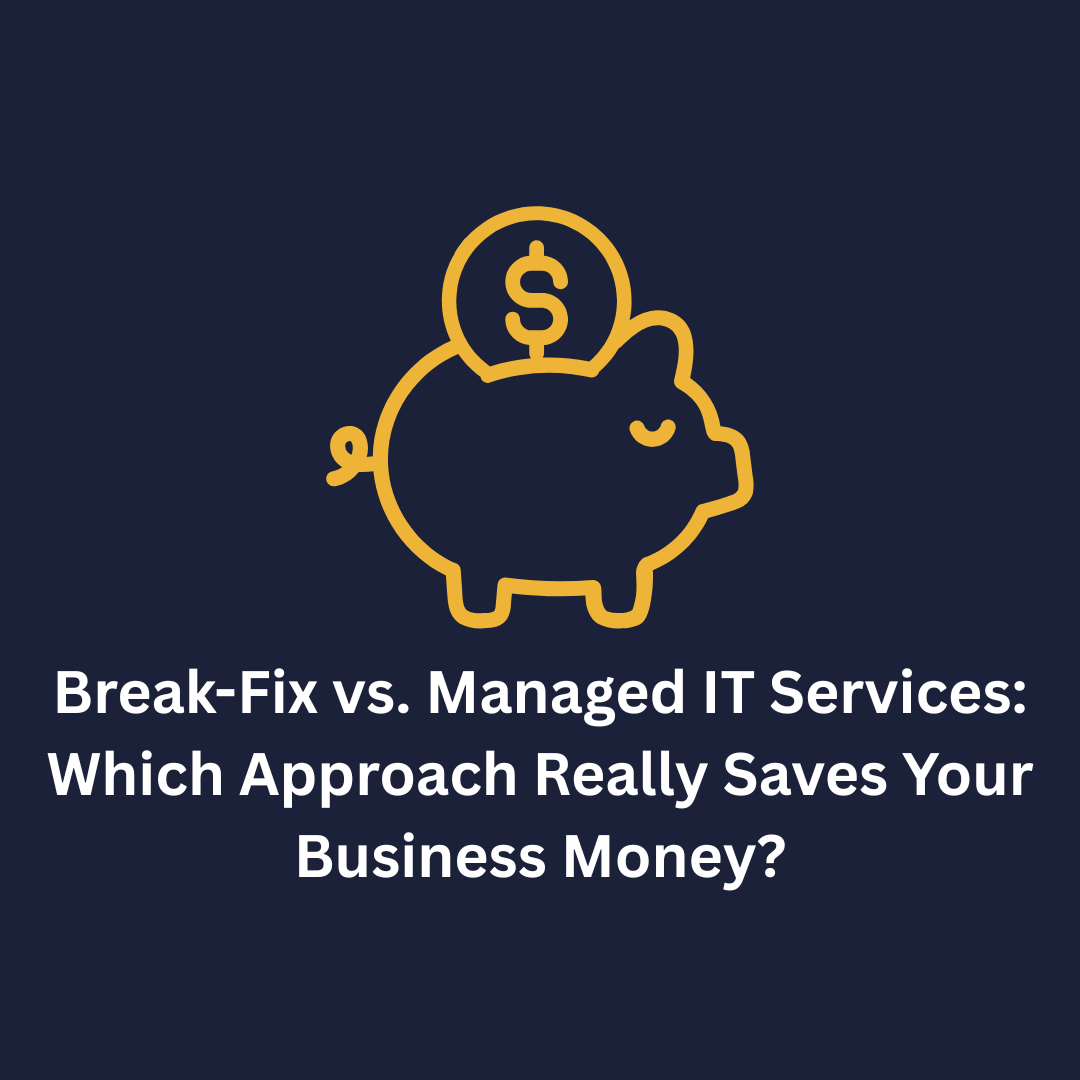



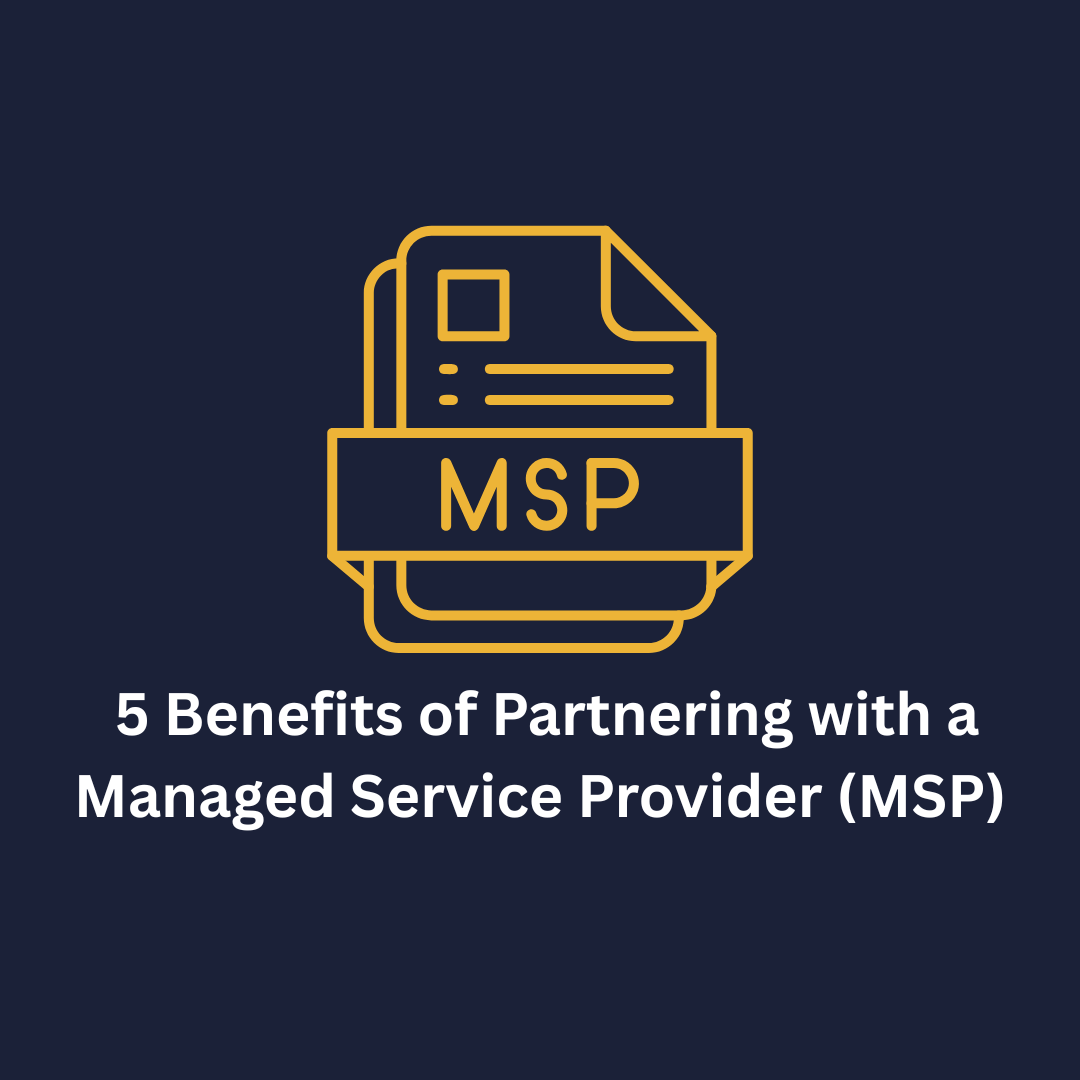
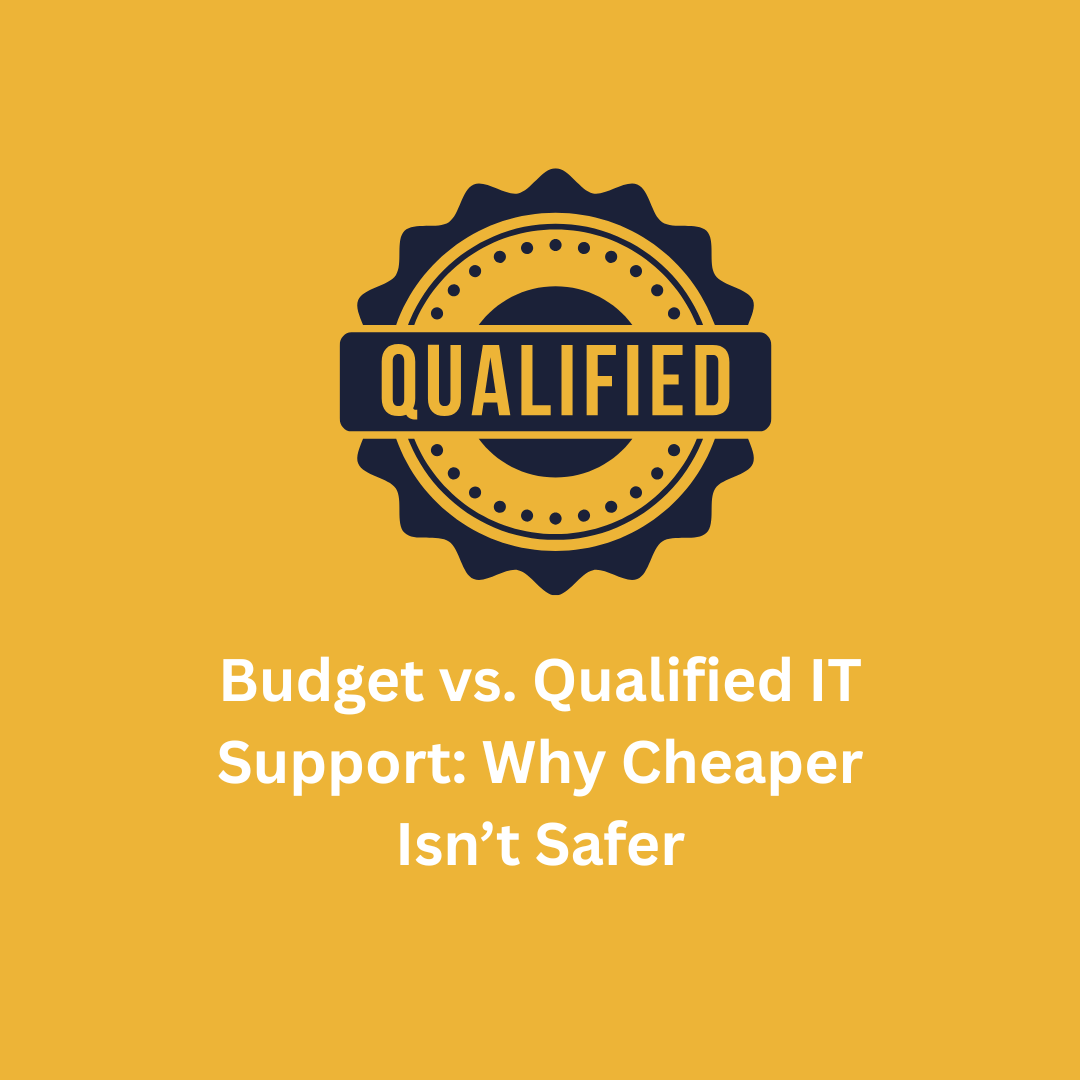


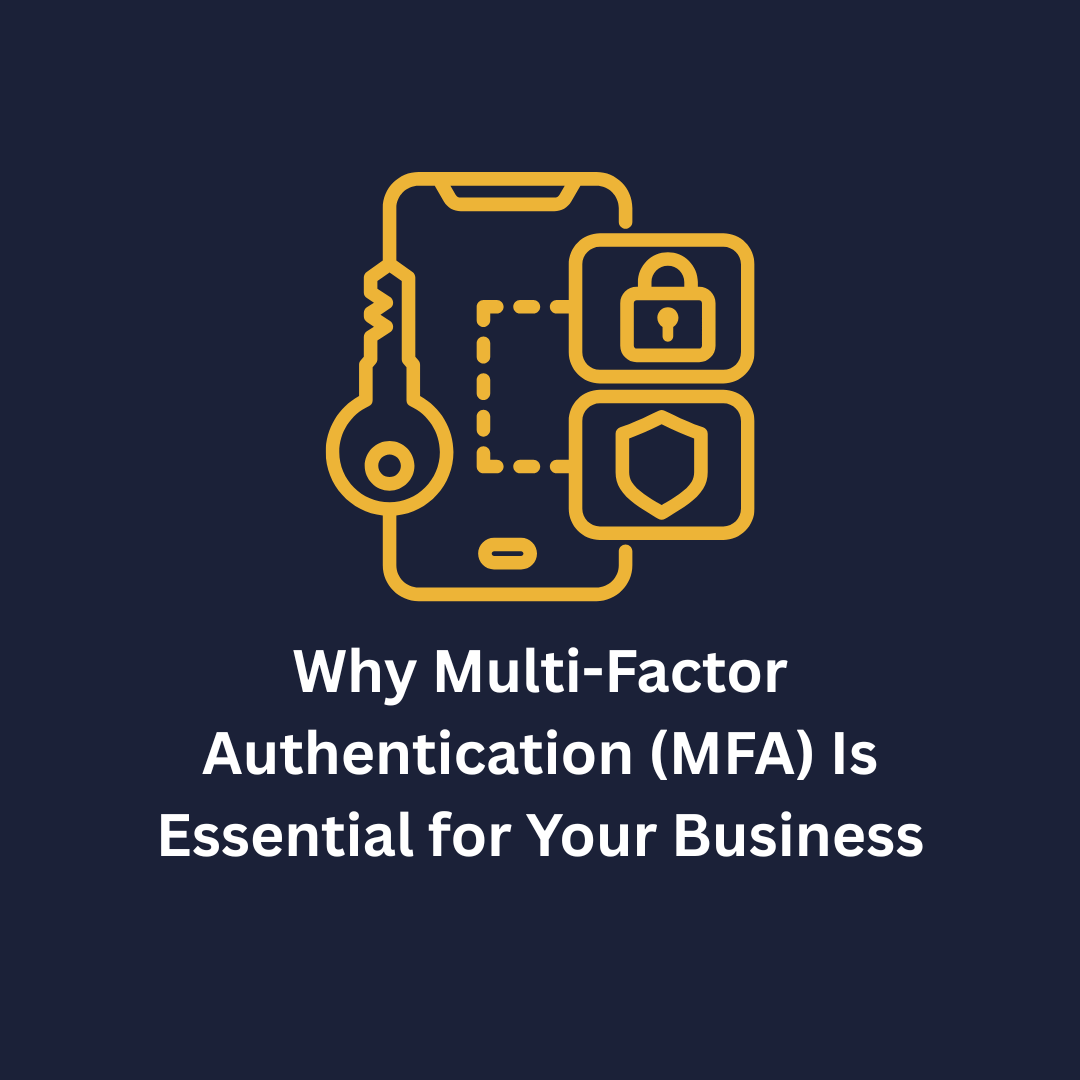
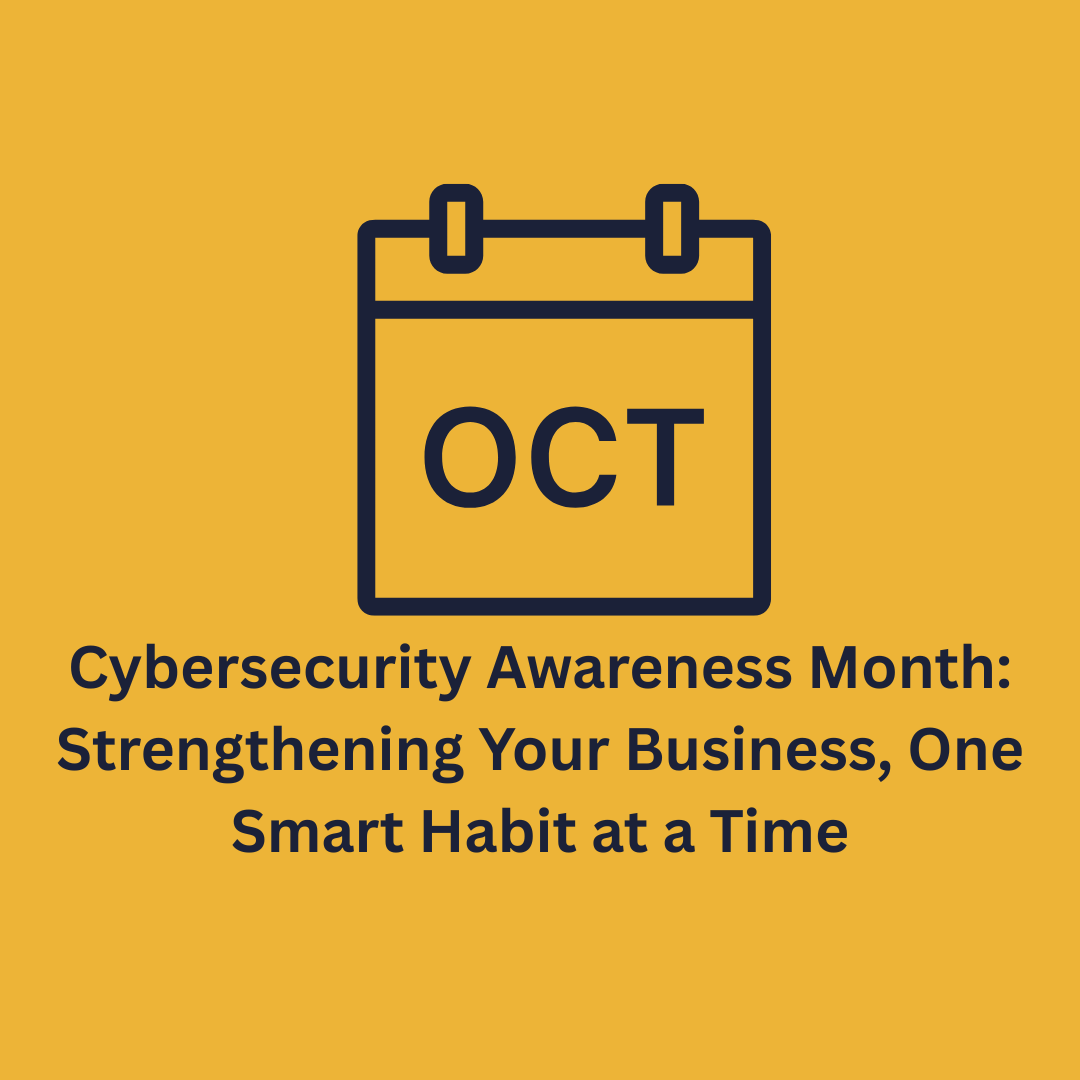
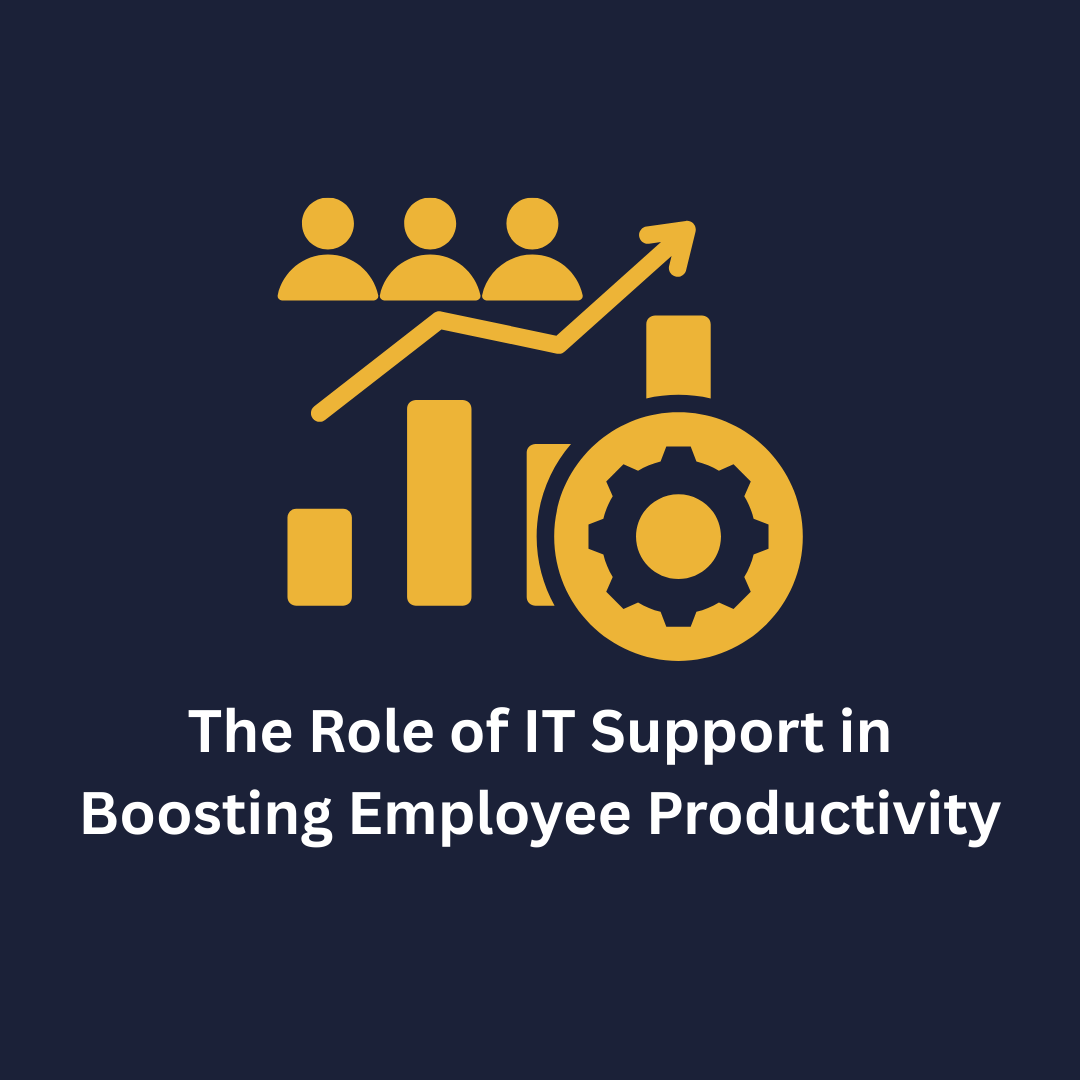
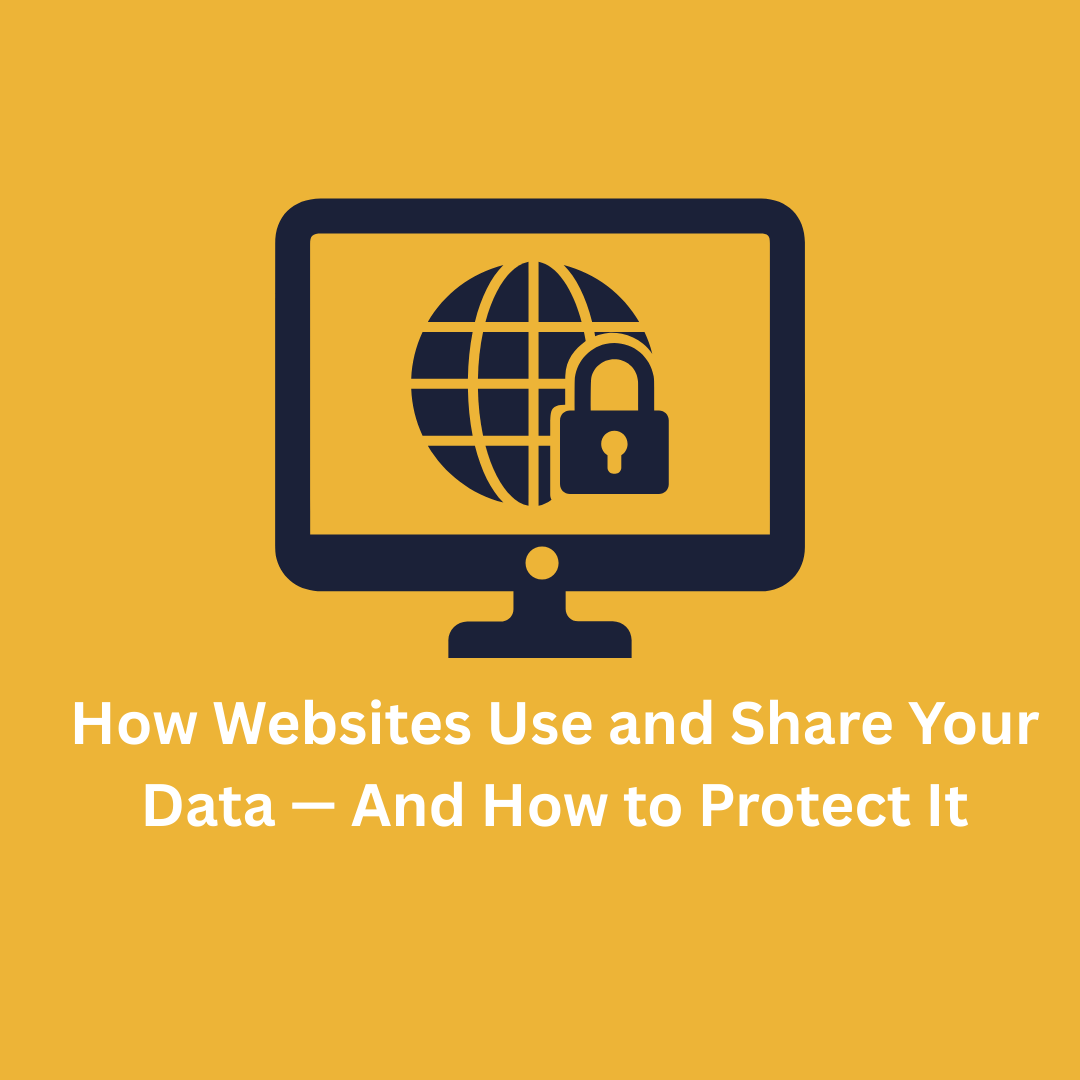


.png)

